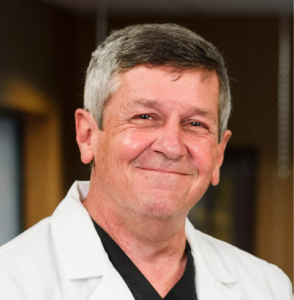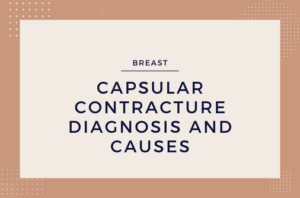Breast implant illness (BII) is a condition that has gained more attention over the past several years and is being actively studied. Patients complain of symptoms such as fatigue, “brain fog”, muscle weakness, joint pain, immune dysfunction, depression, anxiety, hair loss, mood changes, and others. At this time there are no specific tests for diagnosis and it is not an officially designated medical condition but research continues to better understand breast implant illness.
Patients with implants may experience a variety of systemic symptoms without a clear cause. By the time we see them in our office they have often seen multiple providers including their primary physician, rheumatologists, endocrinologists, allergy specialists, and others without a clear cause being found for their symptoms. This is important, as other causes of symptoms should be investigated before choosing to undergo implant removal for relief. The symptoms of BII often overlap with those of other chronic conditions, making diagnosis difficult.
We’ve seen on social media sites and elsewhere that plastic surgeons “refuse to take out implants.” This is certainly not the case in our practice. We are happy to meet with patients, discuss their concerns, and remove implants if that is their desire. When we see patients with concerns that their breast implants may be the source of their symptoms we want to make sure that other diagnoses have been explored such as autoimmune diseases, etc. which can mimic BII. If a patient decides to have her implants removed, we have several options.
Breast Removal Options
- En Bloc removal of the implant and capsule. This involves removal of the implant and the capsule as a single unit, leaving the capsule intact with the implant inside until it is removed from the body. This requires a larger incision, typically under the breast, and is feasible when there is significant thickening of the capsule. In most cases this more extensive surgical procedure is not necessary.
- Capsulectomy with implant removal. The capsule and implant are removed but may not come out as a single unit due to the patient’s anatomy, capsule thickness, or other considerations.
- Implant removal. In cases where the capsule is thin and filmy (normal), it’s very difficult to strip from the surrounding tissues and much of this normal tissue may be left in the pocket where it is naturally broken down. In these cases the implant is removed but extensive capsule removal is not performed.
Of note, there is no strong evidence at this point indicating that any of the above approaches is significantly better than the others. We have used them all and tailor the operation to fit the patient. In all cases we send portions of the capsule for pathology to check for abnormalities. Other tests on the fluid around the implant can be performed when indicated.
We’ve had patients request removal of the lymph nodes in the axilla (armpit) at the time of implant removal. Lymphedema (prolonged swelling of the arm) happens in about 20% of breast cancer patients undergoing lymph node removal and can be difficult to treat. We don’t feel the very real risk of this complication is worth the unknown benefit of lymph node removal for BII so we don’t routinely perform this during implant removal.
Do patients feel better after implant removal?
Most of the time, yes, although we certainly can’t guarantee it. Why patients feel better continues to be studied and debated and we may have more answers in the future. We’re glad to evaluate patients and discuss breast implant removal when this seems to be the best option.




